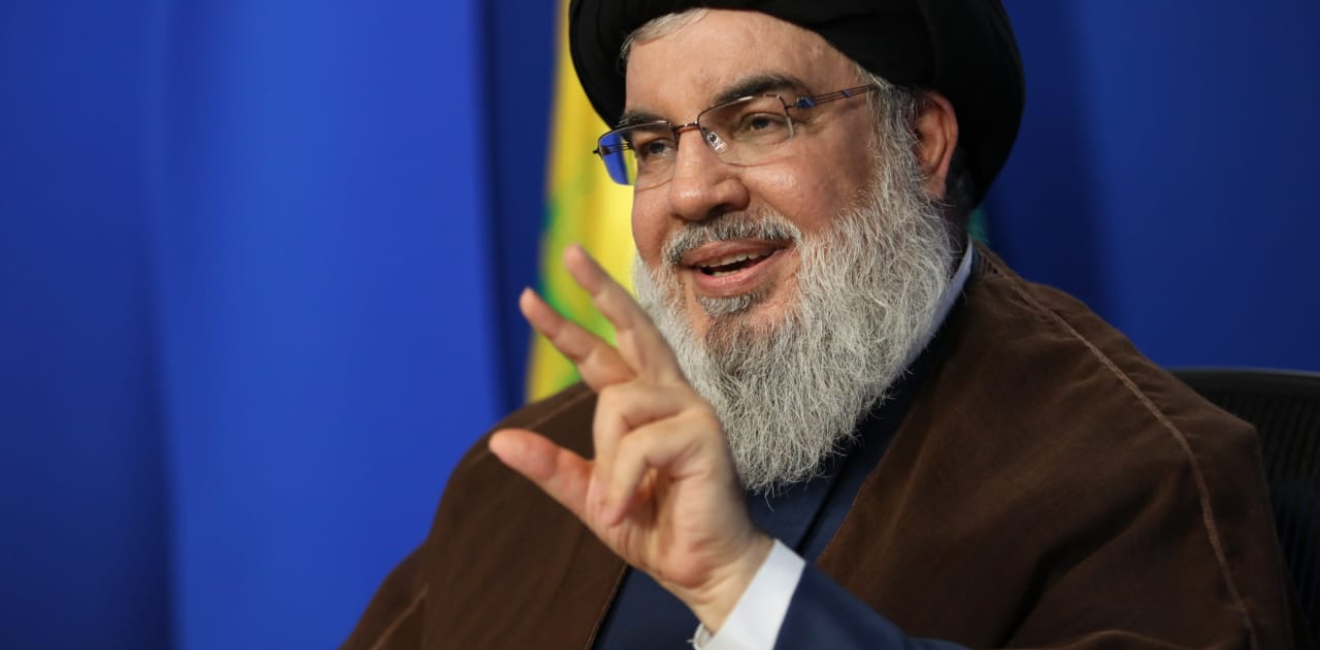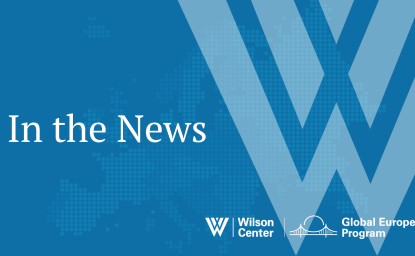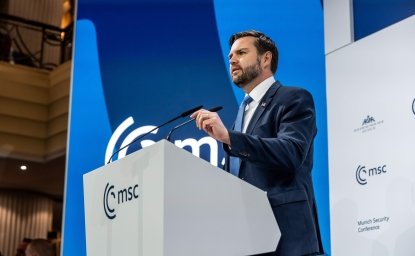The death of Hezbollah Secretary General Hassan Nasrallah by an Israeli airstrike on Friday, September 27, 2024, in Beirut’s southern suburbs, while dealing an enormous blow to the militant group, risks causing disarray and upending Lebanon’s precarious sectarian unity as angry supporters clamor for revenge while detectors celebrate. This is the culmination of a daily barrage of deadly Israeli missile strikes aimed at stopping Iran-backed Hezbollah’s attacks on northern Israel and returning some 60,000 displaced civilians there—some of the harshest days since Lebanon’s civil war. These attacks have led to the death of over 1600 Lebanese civilians.
The US needs to rethink its approach and demonstrate strong leadership to avoid a drawn-out war leading to senseless death and destruction.
The US administration was able to prevent a major escalation of hostilities for 11 months, but its attempt to impose a 21-day ceasefire during the past few weeks was refused by both Hezbollah, who continued to link the cessation of hostilities in Lebanon to a ceasefire in Gaza, and the Israeli government, which is under increasing political and security pressure to stop Hezbollah’s aggressions. The US needs to rethink its approach and demonstrate strong leadership to avoid a drawn-out war leading to senseless death and destruction. There is now an opportunity to help the Lebanese people reclaim a future free of foreign influence and rebuild the country and institutions of government.
Risks of a wider war
The attack on Hezbollah and its leadership leaves the country in disarray. In addition to losing its astute and idolized leader, the party has been in a tight spot after the campaign left it quasi-leaderless and killed tens and wounded thousands of its operatives. The destruction, and now the ground incursion initiated by Israel, comes at a perilous moment that could quickly devolve into a full-out regional war.
Nasrallah’s killing could certainly elicit a strong counterresponse by Hezbollah. In a statement that followed the announcement of his death, Iran’s supreme leader, Ali Khamenei, announced, without going as far as calling for retribution, that Israel would “regret its actions,” suggesting that a response may even come from Hezbollah and “the forces of resistance.” And indeed, all options are now on the table for Lebanon, including catastrophic scenarios. Will the Iranian regime accept this major setback and the effective defeat of its crown jewel, the key axis of resistance members and an inseparable part of decision-making in Tehran?
Tehran could decide to activate its militias in the region or encourage Hezbollah to use its weapons against Israel. But this would certainly give Israel the excuse to up the ante with a ground invasion and even endanger Tehran, which, despite its bluster, does not have the military or technological capabilities to confront Israel in a war. Meanwhile, Israel continues to act without limitation in Lebanon, exacting a heavy civilian toll and widespread destruction of the country’s infrastructure. The US, which claims it had no advanced knowledge of the hit against Nasrallah, has done little to date to contain its ally.
Options for the US in Lebanon
This latest escalation can be a turning point for the country and region. It can either lead to a greater embrace of Hezbollah’s radical agenda internally, or it could demonstrate the limits of its ethos and encourage a reckoning of the need to come together. The Lebanese state must quickly use the opportunity to reconsolidate and rebuild, and the US must rise to the occasion to support long-term, sustainable goals that will enhance the stability, sovereignty, and prosperity of Lebanon.
As a first step, the United States must secure a ceasefire that would give the Lebanese government the opportunity to deploy the Lebanese Armed Forces (LAF) across the country to ensure security and calm.
As a first step, the United States must secure a ceasefire that would give the Lebanese government the opportunity to deploy the Lebanese Armed Forces (LAF) across the country to ensure security and calm. Relatedly, the US and its allies must commit to increasing support for the LAF, including equipment, training, and troops.
This is also a unique moment for Lebanon to come together as a nation and elect, after 16 months of political paralysis, a new president so that state-building can begin. The US and France, along with Egypt and key Gulf countries, must make it clear to Lebanon’s political parties that continued bickering over a president is neither in Lebanon’s nor in the region’s interest. A competent president with a government that puts the Lebanese people ahead of personal interest needs to be elected with the backing of the international community in order to begin the process of rebuilding the country.
If the US steps up its efforts, it must also recognize that Lebanon’s religious cohesion is at stake. It is, therefore, important that all religious communities are included in efforts to address Lebanon’s economic and security concerns and elect a competent, clean, and reform-minded president.
The US needs to do more than pay lip service to conflict-avoidance and lead efforts to support the recovery of Lebanon, ensuring the Lebanese reclaim their sovereignty.
The views represented in this piece are those of the author and do not express the official position of the Wilson Center.





